
Control and Sexuality: The Revival of Zina Laws in Muslim Contexts
Control and Sexuality examines zina laws in some Muslim contexts and communities in order to explore connections between the criminalisation of sexuality, gender-based violence and women’s rights activism. The Violence is Not Our Culture Campaign and...
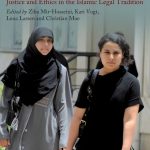
Gender and Equality in Muslim Family Law
Gender equality is a modern ideal, which has only recently, with the expansion of human rights and feminist discourses, become inherent to generally accepted conceptions of justice. In Islam, as in other religious traditions, the idea...
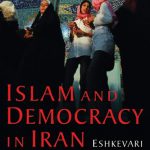
Islam and Democracy in Iran: Eshkevari and the Quest for Reform
Hasan Yousefi Eshkevari is a former revolutionary and clerical reformer who became one of the Islamic Republic’s most outspoken critics. His ideas of “Islamic democratic government” have attracted considerable attention in Iran and elsewhere. In presenting...

Islam and Gender
Following the Islamic Revolution of 1979 and the re-introduction of Sharica law relating to gender and the family, women’s rights in Iran suffered a major setback. However, as the implementers of the law have faced the...
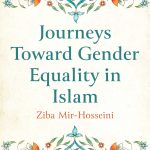
Journeys Toward Gender Equality in Islam
Following the birth of Islamic feminism at the end of the twentieth century, the idea of gender equality – inherent to our contemporary conceptions of justice – has presented a challenge to established, patriarchal interpretations of...
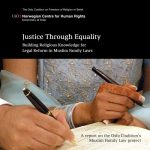
Justice Through Equality: Building Religious Knowledge for Reform of Muslim Family Laws
A Report on the Oslo Coalition’s Muslim Family Law Project About this report The Oslo Coalition is an international network of experts and representatives from religious and other life-stance communities, academia, NGOs, international organisations and civil...
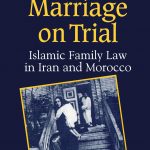
Marriage On Trial: A Study of Islamic Family Law
Debates over family law are a sensitive subject in the Muslim world, revealing something of the struggle between forces of traditionalism and modernism. The highly disparate tendencies within Islamic “fundamentalism” share a desire to re-institute Shar’ia...
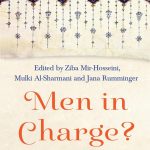
Men in Charge? Rethinking Authority in Muslim Legal Tradition
Both Muslims and non-Muslims see women in most Muslim communities as suffering from social, economic and political discrimination, treated by law and in society as second-class citizens subject to male authority. This discrimination is attributed to...